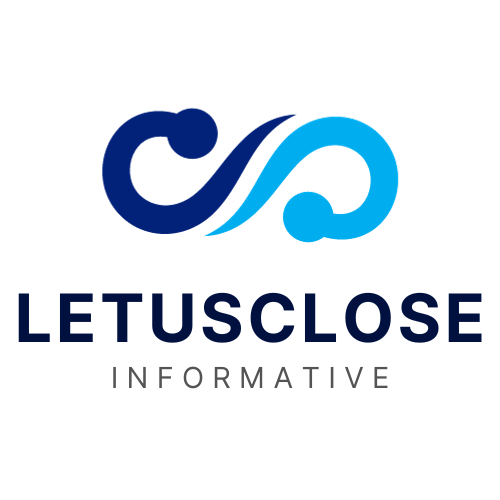Soy isoflavones, all-natural compounds found in soybeans, have amassed significant focus for their prospective wellness benefits, especially for women browsing the obstacles of menopause. These phytoestrogens have structural similarities to estrogen, which allow them to apply light estrogenic effects in the body. For many women, the change into menopause can be come with by various signs such as warm flashes, evening sweats, state of mind swings, and a general reduction in quality of life. Research recommends that integrating soy isoflavones into the diet plan can help alleviate some of these signs and symptoms. One of the most engaging benefits of soy isoflavones is their potential to lower the frequency and severity of hot flashes, a typical problem amongst women approaching menopause. 抗氧化食物 have suggested that when eaten frequently, soy isoflavones might help stabilize hormonal variations, which can give much-needed remedy for these disruptive symptoms.
Past their role in managing menopause signs and symptoms, soy isoflavones also play an essential component in bone health and wellness. Research reveals that soy isoflavones can assist maintain bone mass and thickness via their estrogen-like effects, adding to improved bone health and wellness and potentially minimizing the danger of weakening of bones. By integrating antioxidant-rich foods, including those high in soy isoflavones, right into one’s diet regimen, women can support their general health and promote durability.
Soy isoflavones have been linked with cardiovascular health and wellness. Nutritionists usually advise incorporating different sources of soy into the diet regimen, such as tofu, tempeh, edamame, soy milk, and miso. Many studies suggest that an everyday intake of roughly 50 to 100 mg of isoflavones may be effective, which can be conveniently achieved by eating soy products frequently.
Nevertheless, it is vital for individuals to take into consideration potential side effects and precautions prior to raising their soy isoflavone consumption, specifically for women with a background of hormone-sensitive problems such as breast cancer. While modest consumption of soy is normally thought about safe, private responses can vary, and it’s essential to talk to a doctor or a registered dietitian to tailor nutritional options to specific health needs. Additionally, the source of soy issues; choosing organic, minimally processed soy items can assist stay clear of excessive direct exposure to ingredients and pesticides that may exist in some refined soy foods. The impact of soy on wellness can likewise depend upon genetics, lifestyle, and general dietary patterns, making an all natural strategy to nourishment essential for optimum results.
To conclude, soy isoflavones present a myriad of possible health and wellness benefits that are particularly significant for women dealing with the effects of menopause. From easing menopause signs and supporting bone health and wellness to promoting and providing antioxidant benefits heart health and wellness, integrating soy isoflavones into the diet can considerably boost women’s health. Similar to any dietary treatment, the key lies in a balanced approach, concentrating on whole, minimally refined foods, and private wellness considerations. Recognizing the role of soy isoflavones within the broader context of diet plan and wellness can empower women to make educated options that sustain their health as they navigate this crucial life transition. By fostering a recognition of the benefits of antioxidant foods and incorporating them into day-to-day dishes, women can pave the way for a much healthier future, accepting the power of nutrition in boosting quality of life through all phases of life.
